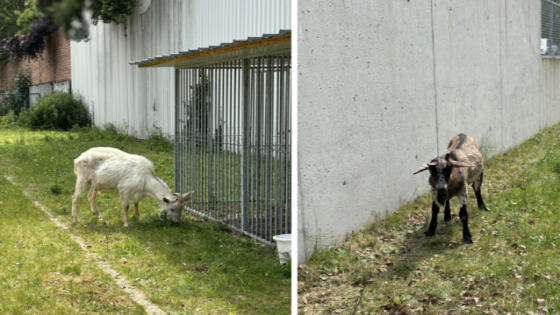Concerns about animal welfare led neighbours on Tieltsesteenweg in Eeklo to alert police on 1 June 2024, suspecting illegal activities involving goats. The discovery of two tied-up goats in distress raised serious questions about animal treatment in a residential area.
- Neighbors alert police about suspected illegal slaughter
- Police find two tied goats in distress
- Owners claim goats fought, tied for safety
- Court rejects owners' defense, confirms animal suffering
- Owners fined and banned from keeping animals
- Goats show no aggression after police seizure
Police found a white and a brown goat with their legs bound together, one visibly injured and the other weak and trembling. Despite the owners’ claims that the goats were temporarily restrained to prevent fighting, the court ruled otherwise, highlighting the animals’ suffering.
What does this case mean for animal owners in Belgium? And how does the law protect vulnerable animals from neglect or abuse? These questions are central as the court handed down fines and a lifelong ban on keeping animals to the defendants.
This case raises important issues about responsible animal ownership and legal boundaries. How can owners ensure their animals’ wellbeing while managing behavioural challenges? The court’s decision sends a clear message:
- Binding animals in distress causes significant pain and stress, which is unacceptable.
- Temporary restraint is not a legal excuse for animal suffering in Belgium.
- Animal welfare laws are strictly enforced, with serious penalties for violations.
- Community vigilance plays a crucial role in detecting and reporting abuse.
As animal welfare cases gain attention, it’s vital for all pet and livestock owners in Belgium to stay informed about legal responsibilities. Could this ruling inspire better care standards nationwide? Only through awareness and action can we ensure safer environments for all animals.
































